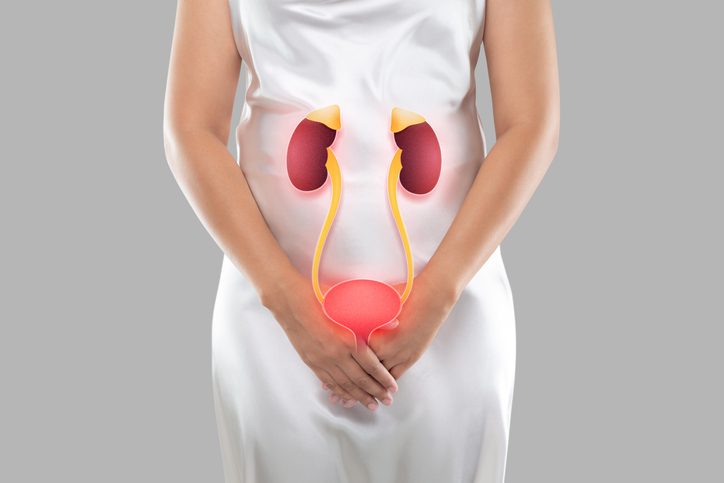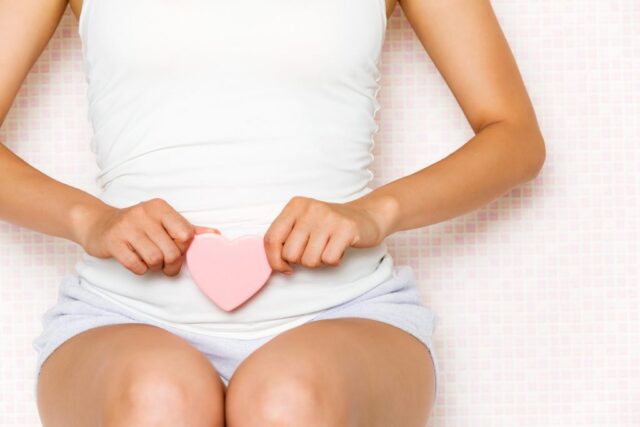Many people suffer from urinary incontinence, or the loss of bladder control, and don’t know what to do about it. While there are a number of medical options available to treat this condition, there are also several lifestyle changes you can make to help lessen its symptoms. In this article, we’ll go over some of the most effective lifestyle changes you can make to deal with urinary incontinence.
What is Urinary Incontinence?

Urinary incontinence is the involuntary leakage of urine. It is a common problem, especially among women, and can have a significant impact on quality of life. There are many potential causes of urinary incontinence, including pregnancy, childbirth, menopause, and certain medical conditions. When it comes to how to treat incontinence, there are a number of lifestyle changes that can help to manage urinary incontinence. These include:
- Pelvic floor muscle exercises: Strengthening the muscles around the bladder can help to prevent leakage. These exercises can be done at home and do not require any special equipment.
- Bladder training: This involves gradually increasing the time between trips to the bathroom. By “training” the bladder to hold more urine, leakage can be prevented.
- Weight loss: For those who are overweight or obese, losing even a small amount of weight can reduce urinary incontinence.
- Avoiding trigger foods and beverages: Certain foods and drinks (such as caffeine and alcohol) can aggravate incontinence symptoms. Identifying and avoiding these trigger foods can help to reduce leakage.
- Quit smoking: Smoking is a known risk factor for urinary incontinence. Quitting smoking can help to reduce the severity of symptoms.
In some cases, medications may be necessary to treat urinary incontinence. These can include:
- Anticholinergics: These drugs work by relaxing the muscles around the bladder, which helps to prevent leakage.
- Alpha-adrenergic agonists: These drugs work by constricting the muscles around the urethra, which helps to prevent leakage.
- Estrogen therapy: This is often used to treat incontinence in postmenopausal women. Estrogen can help to strengthen the muscles around the bladder and urethra.
- In severe cases of urinary incontinence, surgery may be necessary. The type of surgery will depend on the underlying cause of the incontinence.
Urinary incontinence can be a frustrating and embarrassing problem. However, there are many treatment options available. With the help of a healthcare provider, it is possible to find an effective treatment that can improve quality of life.
Causes of Urinary Incontinence

There are many potential causes of urinary incontinence. – One common cause is simply getting older. As we age, our bodies change and our muscles weaken. This can lead to incontinence. – Other causes include pregnancy and childbirth, which can put extra pressure on the bladder and cause incontinence. – Obesity and being overweight can also contribute, as the additional weight puts extra pressure on the bladder. – Certain medications can also cause urinary incontinence as a side effect. These include diuretics, sedatives, and some antidepressants. Incontinence supplies can be found at many medical supply stores, or online. – Urinary tract infections and other illnesses can also lead to incontinence. – In some cases, incontinence may be a symptom of a more serious underlying medical condition such as Alzheimer’s disease, stroke, or multiple sclerosis. If you are experiencing urinary incontinence, it is important to talk to your doctor to find out what is causing it. Once the cause is determined, treatment options can be discussed.
Lifestyle Changes That Can Help

Urinary incontinence can be a frustrating and embarrassing problem, but there are several lifestyle changes you can make to help deal with it.
- Cut back on caffeine: Caffeine is a diuretic, which means it can increase the amount of urine your body produces. This can aggravate urinary incontinence. So, try to limit your intake of caffeinated beverages like coffee, tea, and soda.
- Drink less before bedtime: Drinking fluids right before bedtime can increase the risk of nighttime accidents. So, cut back on fluids in the evening and try to go to the bathroom one last time before you go to sleep.
- Maintain a healthy weight: Excess weight can put extra pressure on your bladder and pelvic floor muscles, leading to urinary incontinence. Losing even a few pounds can help reduce the risk of leakage.
- Exercise regularly: Regular exercise helps strengthen your pelvic floor muscles, which can help prevent urinary incontinence. Kegel exercises, in particular, have been shown to be effective in treating and preventing urinary incontinence.
- Quit smoking: Smoking is a major risk factor for urinary incontinence. If you smoke, quitting is one of the best things you can do to reduce your risk of leakage.
Fluids and Foods

The patient should be encouraged to consume adequate amounts of fluid. Fluid intake should be at least 8 glasses of water daily. Foods high in fiber should also be consumed, such as fruits and vegetables. The patient should be encouraged to manage stress as much as possible. Relaxation exercises, such as yoga and meditation, may help. The patient should also be encouraged to get adequate sleep every night.
Seek Medical Help If Necessary

If you are experiencing urinary incontinence, it is important to seek medical help. This is especially true if the incontinence is accompanied by pain or if it is impacting your daily life. A doctor can help determine the underlying cause of your incontinence and develop a treatment plan that is right for you. Do not be afraid to talk to your doctor about any concerns you may have. Talking openly about urinary incontinence can help determine the best treatment for you.
Conclusion
There are a number of different lifestyle changes you can make to help deal with urinary incontinence. Some of these include losing weight, avoiding caffeine and alcohol, quitting smoking, and doing pelvic floor exercises. Making even just a few of these changes can have a big impact on your quality of life. If you’re struggling with urinary incontinence, talk to your doctor about which lifestyle changes might be right for you.




